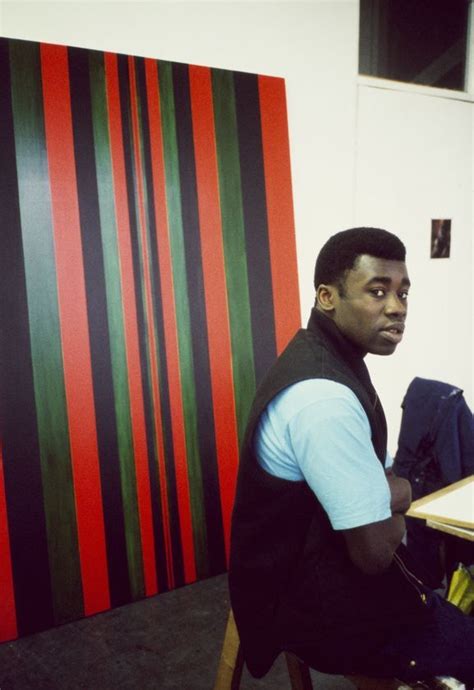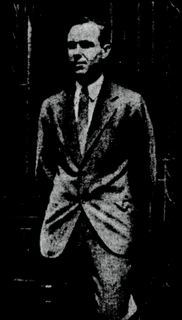A Quote by Socrates
Do not grieve over someone who changes all of the sudden. It might be that he has given up acting and returned to his true self.
Related Quotes
...all of a sudden I felt filled up again, so that my heart might come up my throat. And I was thinking how that can come over you, out of nowhere, and if it wasn't such a fine feeling, it might almost be frightening. Like there's more love and good thoughts and powerful things inside of you than one body can hold.
Only to the extent that someone is living out this self transcendence of human existence, is he truly human or does he become his true self. He becomes so, not by concerning himself with his self's actualization, but by forgetting himself and giving himself, overlooking himself and focusing outward.
As Luke knelt down beside his corpse, Clary couldn’t help but remember what he had said about having loved Valentine once, about having been his closest friend. Luke, she thought with a pang. Surely he couldn’t be sad — or even grieved? But then again, perhaps everyone should have someone to grieve for them, and there was no one else to grieve for Valentine.
Usually I'll drive to certain locations over and over again, over a course of months really. And then it might just be I hit it at the right time, and the right light. And then I might go to that location over and over again, and then what happens in that lag time where - the image sort of locks in - all of a sudden I see it in my mind's eye.
The Lord has given the Holy Spirit upon the earth, and in whomsoever He dwells, that one feels paradise within himself. You might say: why hasn't this happened to me? Because you have not given yourself over to the will of God, but you live according to yourself. Look at the one who loves his own will. He never has peace in himself and is always displeased with something. But whoever has given himself over to God's will perfectly has pure prayer. His soul loves the Lord, and everything is acceptable and good to him.
You’ll get over it…” It’s the clichés that cause the trouble. To lose someone you love is to alter your life for ever. You don’t get over it because ‘it” is the person you loved. The pain stops, there are new people, but the gap never closes. How could it? The particularness of someone who mattered enough to grieve over is not made anodyne by death. This hole in my heart is in the shape of you and no-one else can fit it. Why would I want them to?
The individual man, in introspecting the fact of his own consciousness, also discovers the primordial natural fact of his freedom: his freedom to choose, his freedom to use or not use his reason about any given subject. In short, the natural fact of his "free will." He also discovers the natural fact of his mind's command over his body and its actions: that is, of his natural ownership over his self.
And sure enough,the youth in question was not his usual dapper self. His face was puffy, his eyes red and wild; his shirt(distressingly unbuttoned)hung over his trousers in sloppy fashion. All very out of charactar: Mandrake was normally defined by his rigid self-control. Somthing seemed to have stripped all that away. Well, the poor lad was emotionally brittle.He needed sympathetic handling. "You're a mess," I sneered "You've lost it big time. What's happened? All the guilt and self-loathing suddenly get to you? It can't just be that someone else called me, surly?
In a true community we will not choose our companions, for our choices are so often limited by self-serving motives. Instead, our companions will be given to us by grace. Often they will be persons who will upset our settled view of self and world. In fact, we might define true community as the place where the person you least want to live with always lives









































